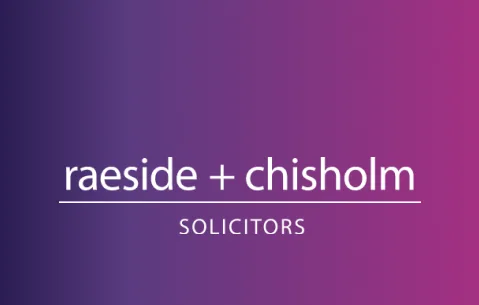Power of Attorney – What is it?
A power of attorney is a legal document that enables you to assign one or more people the following powers to make decisions regarding your:
- health and welfare.
- assets/property.
You can create one at any moment, provided you’re at least 18 years old and capable of evaluating material and coming to your own conclusions.
Some examples where a power of attorney can be useful:
- During scenarios that are just temporary, like being hospitalised or travelling and needing assistance with errands like paying bills
- Longer-term circumstances, such as wanting to prepare for the unexpected or being told you may develop dementia and lose the ability to think clearly enough to make future decisions.
How does a power of attorney work?
The paperwork is created by you (or your attorney) and should include all the information on the person(s) you wish to represent you. After that, you file a report with Scotland’s Office of the Public Guardian.
Until you need them, keep the documents secure and make your own decisions as usual.
Your attorney will need to provide certified copies of the power of attorney to your bank and any other organisations they are dealing with if and when they need to act on your behalf. This is to demonstrate their legitimacy as your agent.
What can be done on my behalf?
With a continuing power of attorney, you can give someone control over your finances or property. This could involve selling your home or managing your bank account and payments.
With a welfare power of attorney, you can give someone the authority to make choices regarding your personal and medical care. This could involve choosing your place of residence, your medical care, or your personal care.
Consider both the immediate and long terms while deciding whether to grant powers (continuing, welfare, or a mix). This will guarantee that your attorneys have sufficient authority to act on your behalf.










